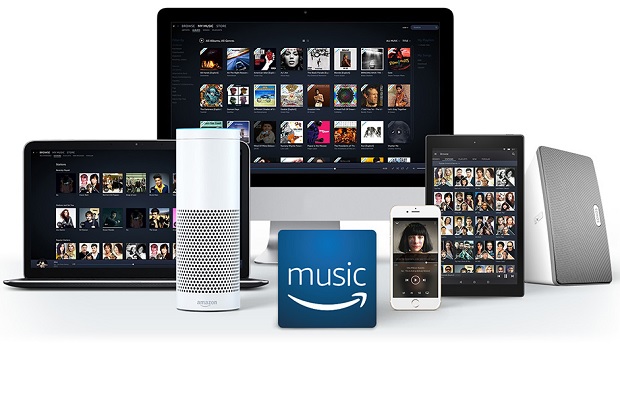Over a third (32%) of digital marketers admit to losing sleep due to fears about how the competition from Amazon will impact their business over the next 18 months, according to a survey.
The poll, conducted by digital marketing agency Greenlight Digital, quizzed 200 marketing professionals across a range of industries.
Up against the eCommerce juggernaut Amazon, it seems the biggest concerns are Amazon’s competitive pricing and logistical efficiency, worrying 33% and 31% of those surveyed respectively. Yet, it is a double-edged sword as it is exactly that logistical prowess that encourages businesses to collaborate with Amazon, indicated by the 38% of people who want to use the Amazon Marketplace to aid global distribution.
KEY POINTS:
• It is a double-edged sword as it is exactly that logistical prowess that encourages businesses to collaborate with Amazon, indicated by the 38% of people who want to use the Amazon market place to aid global distribution
• For 39% of those surveyed, offering a higher quality customer service is key to remaining competitive against Amazon
• Using Amazon ad space (37% of those surveyed want to use Amazon in this way) and voice search (25%) is a key way marketers want to target potential consumers
Despite these concerns, digital marketers are clear on where they can compete, and it’s largely focused around understanding their customer. For 39% of those surveyed, offering higher quality customer service is key to remaining competitive against Amazon, and 36% feel it is niche expertise that will give them a competitive advantage. Offering a unique customer experience was also a focus for 27%, which is unsurprising as many businesses are coming to understand the importance of personalisation, omnichannel experiences, and delivering brand value to their audiences.
Although there are concerns about Amazon’s sheer dominance in many markets, many understand how Amazon can be used to their advantage to capture a digital audience, such as by utilising the captive Amazon audience and using ad space (37% of those surveyed want to use Amazon in this way) and voice search (25%) to market to potential customers.
Furthermore, marketers seem to understand what can differentiate them from Amazon in terms of offering more personalised, specialised and personable customer experience – the key factor here is that they need to ensure they have the tools and infrastructure to deliver what their audiences want, particularly when it comes to a consistent online and offline journey. With a handful of well-known UK high street retailers recently announcing store closures, it’s vital that brands take action when it comes to understanding who their audiences are, how they’re interacting with the brand, the areas the brand can deliver value to them, and then evaluating where their brand stands in light of this. Brands that fail to do so, or are too late to take action, are the ones who will likely be most susceptible to losing customers to Amazon.
Andreas Pouros, CEO at Greenlight Digital says: “It is no surprise that Amazon’s dominance concerns businesses who are made to question how they can compete. But it doesn’t need to be seen as a competition or threat.
Amazon provides an immense opportunity for businesses wanting to reach a wider audience, whether that be through advertising space or access through global distribution. Digital marketers can’t ignore the sheer value of Amazon’s global marketplace and captive audience.
Partnering top quality customer service with effective brand communications via Amazon’s advertising capabilities is the most effective way to work together moving forwards – be that for small, independent retailers or large organisations. The focus on the customer experience and customer service remains at the heart of competition.
Only once this is widely accepted will businesses with niche expertise and high quality customer service co-exist and thrive in a world where Amazon continues to deliver on large-scale eCommerce efficiency.”
Methodology
The findings of the report were researched by Viga research house in April 2018. The findings were based on feedback from 201 digital marketers from across the UK and a full range of seniorities.

